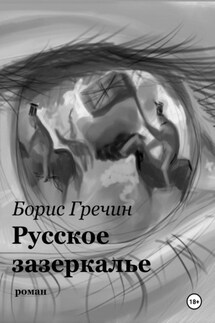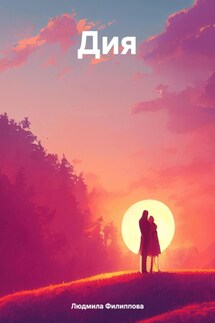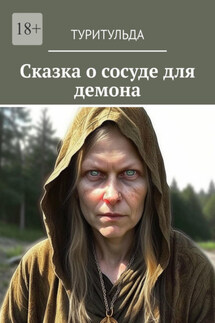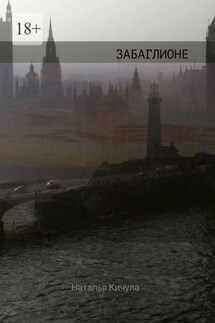Русское зазеркалье - страница 11
All this having been said, it still remains unclear how far we can rely on those very terms—‘folk music,’ ‘rock music,’ ‘pop music,’ ‘bard music,’ ‘military music,’ or even ‘symphonic music’—when talking about the Russian music of the late twentieth century. On the one hand, most of the Russian songs that we shall look into can be categorised in those terms. It is more or less obvious, for instance, that, whereas describing Victor Tsoi as a successful rock star of the 90es, we would hardly apply this definition to, say, Valery Obodzinsky. (Victor Tsoi was more than just that, to note in parenthesis: over the years after his death, his figure has acquired a sort of cult status.) And yet, there is a certain line up to which all those terms, when applied to the Russian music of the period, are still workable. Beyond this line, these definitions become bereft of any practical sense: they simply ‘fall into water’ of fruitless terminological speculations and drown there.
Let me give you three examples. Here is Nikolay Rastorguyev, performing a romance song, or just a ‘romance’—I am positive that you are familiar with the term. The Oxford Dictionary of Music states that a romance ‘generally … implies a specially personal or tender quality.’ The romance in question is, indeed, a delicate love song with a gentle melody, its text being a fine specimen of the Russian poetry of the early twentieth century and written by Nikolay Gumilyov, an influential Russian poet, literary critic, and traveller who was arrested and executed by the secret Soviet police in 1921. And yet, Nikolay Rastorguyev is very far from being a typical romance singer. He is, in fact, the frontman of Lyube, a well-known Russian rock band. I would further say that Lyube is a patriotic rock band, and that it also is Vladimir Putin’s favourite musical collective, to make it even more complicated. All things considered, do we deal with a romance or a rock song in this particular case?
Here is ‘In a Frontline Forest,’ a very exemplary Soviet military song of WWII, ‘official propagandistic crap,’ as some of you would perhaps want to define it. (Spoiler: it is not.) Will you now admit that it in no way resembles a military march? The song is said to be very popular among common Soviet soldiers who also composed its alternative lyrics, thus creating a folk song in the truest sense of this definition. So which one of the two categories, being ‘military songs’ and ‘folk songs,’ does ‘In a Frontline Forest’ fall into?
And now, here is the State Orchestra of Byelorussia/Belarus, performing the symphonic version of Victor Tsoi’s ‘Blood Group.’ Can ‘Blood Group’ still be seen as a piece of rock music when performed in this manner?
I want to make quite clear that all the mentioned songs are not rare and extraordinary exceptions. For the Russian music of the period, it seems to be the general rule to mix up different musical genres or to transgress their boundaries every time the artist thinks fit do to so.
We might want to speculate about the reasons underlying this methodological anarchy. We will go on and on speculating about them endlessly, though, unless we fail to grasp one simple fact, namely how deeply the Russian vision of what music generally is—or shall be—differs from the West-centered vision of music.






